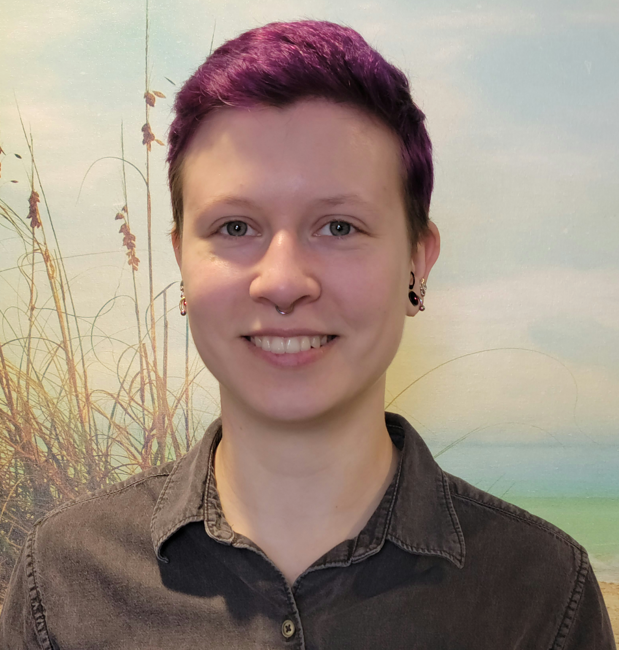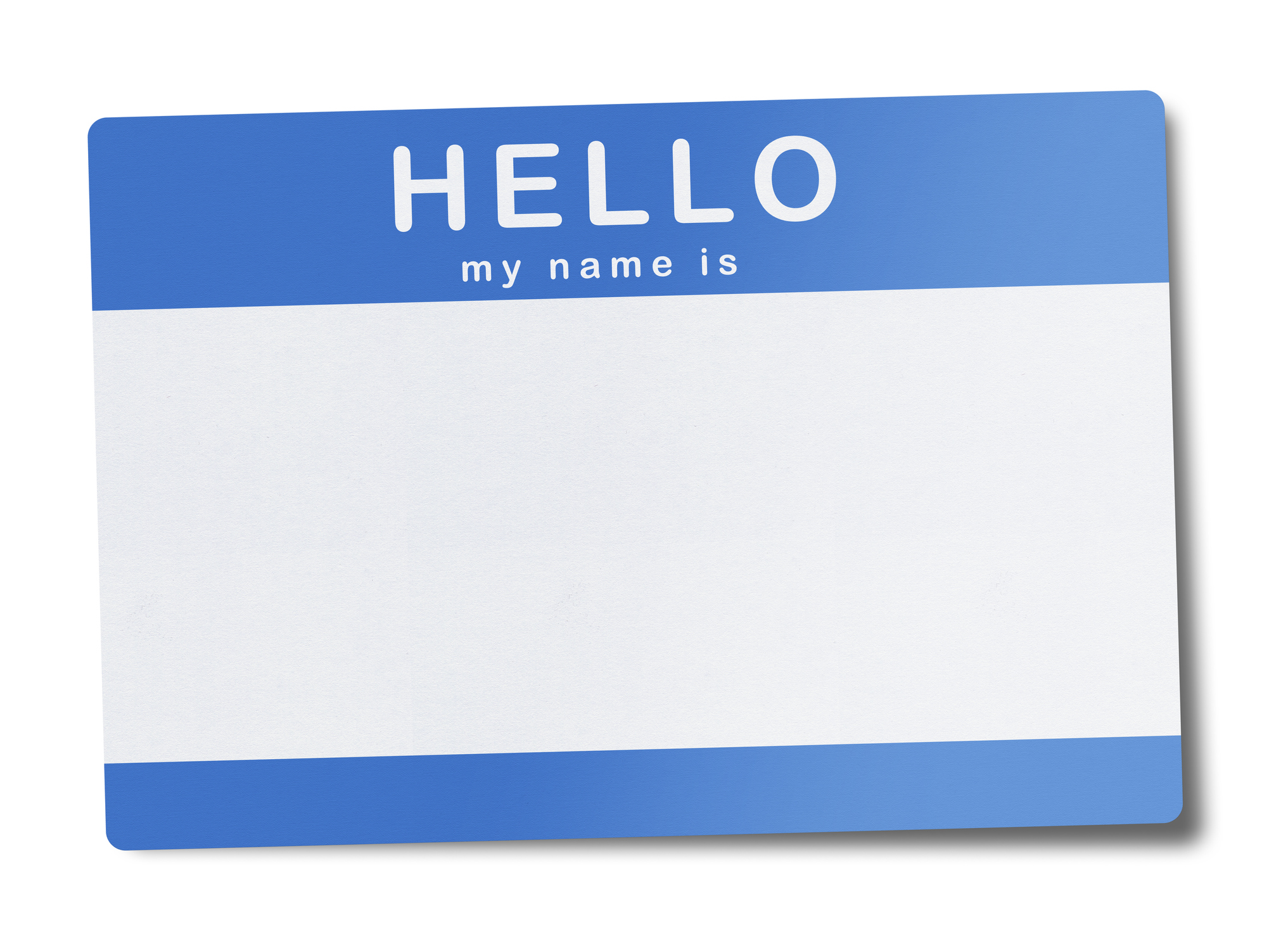Here at Walden, our Pride is in our ability to connect; from one heart to another heart. This means that when we work with clients and each other, our priority is to treat one another as equals, as allies and respected members of the greater Walden community.
We understand that due to a lack of understanding and/or education, many people may feel ill-equipped to interact effectively with the LGBTQ+ community. We want to help put your mind at ease and improve the experience of those identifying within the LGBTQ+ population. To do this, we think it is important to reiterate the power of pronouns.
Why do pronouns matter?
- Using the pronouns that align with an individual’s gender identity shows the LGBTQ+ population that we accept them for exactly who they are. What we know about acceptance is that it is one of the greatest indicators for successful treatment outcomes. Put simply, using pronouns can greatly impact the rate at which our patients feel better.
- Using the correct pronouns demonstrates respect. In order to form collaborative relationships with both our clients and the people around us, we must approach all people with respect to maximize results and improve therapeutic connections.
- Using the correct pronouns nurtures an explicitly welcoming culture and environment. This is especially important for the LGBTQ+ community because they may not have the privilege of assuming that their environments are safe, supportive or welcoming. That is why it is critical for us all to ensure that our welcomes are explicit.
- Using the correct pronouns helps us to avoid making assumptions about gender. What we know about gender is that it cannot be assessed based solely on outward expression. Using pronouns creates the opportunity for us all to share pronouns so that we can avoid misgendering someone (which can feel incredibly painful).
- Using the correct pronouns challenges cisnormativity. Cisnormativity is the belief that everyone is cisgender (a person whose sex assigned at birth aligns with their gender identity) which can invalidate the identities of those who do not identify as cisgender.
- Using the correct pronouns challenges transphobia. Transphobia is the fear, hatred and/or discrimination against transgender people and the community as a whole. If we continue utilizing pronouns as part of our everyday vernacular, it will become more normalized and better understood.
How do we hold ourselves accountable with pronouns?
- Say it three times. Studies show that using the correct pronouns for an individual three times reduces the chances of continued misgendering. For example, if you catch yourself using the wrong pronouns for someone, think of 3 sentences in your head where you use the correct pronouns for that person.
- Don’t over-apologize. This can put the onus on the other person to caretake you, which can create a harmful power dynamic. It is best that you acknowledge the mistake, use the correct pronoun, and move on with the conversation.
- Correct gently. If you hear someone else using the wrong pronouns for an individual, correct them! A gentle nudge with mentioning the individual’s correct pronouns can be enough to remind the other person what pronouns to use.
- It takes practice to learn how to use the correct pronouns. Be kind to yourself if you make a mistake, and make sure that you continue to practice if you see yourself using the wrong pronouns.
- Expand your horizons. Neo-pronouns are pronouns that are considered new to us, and can include pronouns such as xe/xem/xyrs, fae/faer/faers, and ze/zim/zirs. Learn about how these pronouns are used and practice in your mind so you can use these pronouns appropriately in conversations with others.
We hope that this information will help to create a more collaborative and inclusive environment for all individuals regardless of gender or gender identity.
If you or someone you love are looking for a welcoming place to heal from an eating disorder, we would love to hear from you. Our care team looks forward to learning a bit more about you and your unique journey.

Arden Bush (they/them) is the Lead Mental Health Counselor for Rainbow Road with Walden Behavioral Care. They are earning their MSW from Fairfield University with a concentration in Sexual and Gender Minority Mental Health. Arden is passionate about LGBTQ mental health care and has found a particular passion for LGBTQ eating disorder treatment. They are always looking for more ways to provide equitable treatment for the LGBTQ community and provide trainings on LGBTQ inclusivity in their free time.
*This blog post does not necessarily represent the views of Walden Behavioral Care and its management. The Walden Blog is meant to represent a broad variety of opinions relating to eating disorders and their treatment.







